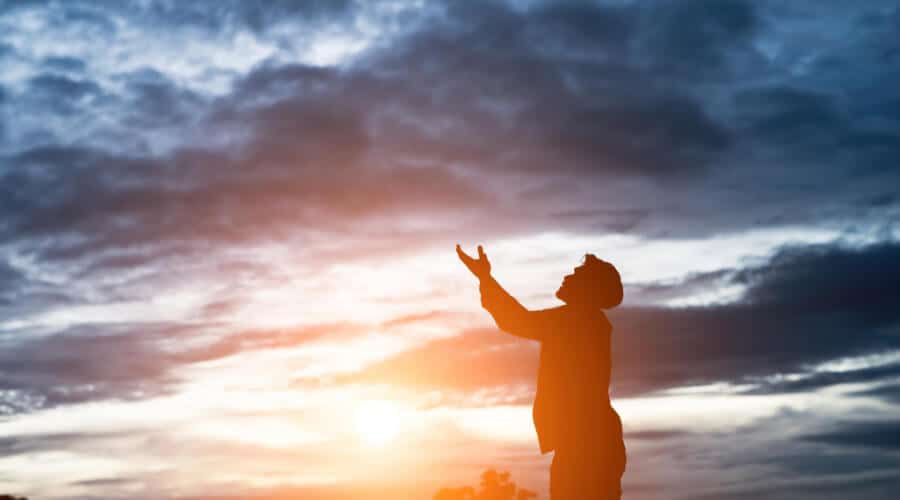Yes. Bangladesh is a secular country, with religious freedom and practices that are not influenced by religion. Bangladesh has a non-sectarian constitution and practices different religions in harmony.
Bangladesh is home to people of many religious backgrounds and ethnicities. Its constitution prohibits discrimination based on religion, ethnicity, or gender. The country has been trying to balance its traditionally tolerant society with the need for security for the government and society during times of crisis.
Bangladesh is still developing and one of its major obstacles for achieving complete secularism is its large population that is mainly Muslim. The more people are religious, the harder it gets to create an entirely secular society in which all citizens follow one religion or another.
Bangladesh may not be completely secular yet but it is moving towards this ideal.
The government of Bangladesh operates within a framework of secularism in order to avoid sectarian violence or religious extremism among its population. They believe that it is important for people to have access to all religions as it helps them gain an understanding of other cultures and traditions.
The Islamic religion of Islam is a monotheistic faith and has historically played an important role in Bangladeshi society. It is believed that Islam came to be in the region of Bengal which is now known as Bangladesh. The belief in Islam spread slowly but gradually over the centuries and eventually became a major religion of the world.
List Of Religions Exist In Bangladesh

Bangladesh is a country that is home to many religions as a result of its diverse population. This list includes the major religious groups and some of their notable features.
Bangladesh has been home to many religions for centuries, such as Hinduism, Islam, Christianity, Buddhism, and others. The country also has a very diverse population from different parts of the world.
Islamism In Bangladesh
Islamism is a religious and political movement that combines Islamic beliefs with social, economic, and political philosophy.
Islamism is on the rise in Bangladesh. It has been fueled by the grievances of rural people over economic inequality and by the government’s increasing inability to provide jobs and basic services to the poor.
There are a number of key Islamist groups in Bangladesh that have gained prominence in recent years. They are Jamaat-e-Islami, Hefajat-e-Islam, Jamiyat Islami Oikya Jote, Islami Oikya Jote Bangladesh(IOJ).
Hefajat-e Islam is considered by many as being at the forefront of Islamist politics in Bangladesh. It was formed in 2005 after a group of activists broke away from Jamaat-e Islami, a political party that had been founded in 1951.
The Islamic religion follows the teachings of Islam which were created by Prophet Muhammad in the 7th century CE in Mecca, Saudi Arabia. It has more than 1 billion followers around the world today and is one of the most popular religions in Bangladesh. Its beliefs are based on Quran, the Islamic holy book, and other texts from the Islamic tradition.
Hinduism In Bangladesh
Islamic missionaries were the first to arrive in Bangladesh. The Hindu community was very small then and mostly associated with what is now east Pakistan. It was only in 1947 when the British left India that people of Indian descent began settling in Dhaka and other cities. In 1954, following the Bengali Language Movement, Bengalis were granted regional autonomy.
Hinduism became the second largest religion in Bangladesh after Islam through conversions and immigration from India. In 2010 Hinduism is practiced by around 1% of the population while Muslims are about 98%.
Its beliefs come from Vedas and Upanishads of Hinduism, which is followed by most followers of this religion including Shaktiyas, Shaivasites, Vaishnavites, Smarta Hindus, etc.
Buddhism In Bangladesh
Buddhism is a religion traditionally popular in Bangladesh. The country has seen a rise in Buddhist followers since the 1970s.
Bangladesh is one of the most densely populated countries, with populations of more than 160 million people. Because of this, it is difficult to find a tranquil place to meditate and Buddhism in Bangladesh comes as a solution.
In 2017, there were 5 million Buddhists in Bangladesh which accounts for 20% of the population. However, only 0.2% are considered spiritual leaders or monks and nuns.
Its beliefs come from the teachings of Buddha, the founder of Buddhism.
Christianity In Bangladesh Overview And Stats
Christianity, a religion that is believed to have begun in the Middle East, is observed by an estimated 15.4% of the total Bangladeshi population.
Christians in Bangladesh represent a minority religion with a small but significant presence across all levels of society. The country’s Christians make up the third-largest religious community after Islam and Hinduism and are among the few non-Muslim groups that are allowed to build mosques.
In Bangladesh, Christian believers can be found among both urban and rural populations. However, Christianity is more prevalent in urban areas while it becomes increasingly rarer in rural ones.
Atheism In Bangladesh Overview And Facts
Bangladeshi atheists are a fairly new group of people who are trying to organize themselves.
Atheism is not a religion. It is an absence of belief in the existence of gods or deities. While people who don’t believe in God don’t feel the need to pray or worship, they do observe rituals and traditions for the sake of their family, friends, and community. Atheists also believe that they have a moral obligation to be good citizens and live ethical lives despite not believing in God’s existence.
Atheism has been gaining more currency in Bangladesh since the 1990s. The country had very few atheists until that point.
So, in inclusion – Bangladesh is a secular country and consists of different religions without having barriers to
Many countries in the world are secular which is a country that has no official religion. Bangladesh is one of those countries and consists of many religions. It is important to keep in mind that these different religions don’t have a barrier between them and people are able to practice any religion without any problems.

